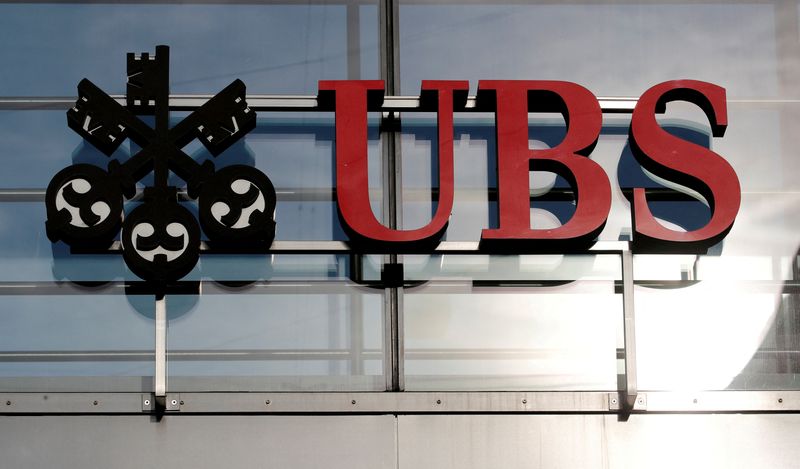By Scott Murdoch
HONG KONG (Reuters) -Banks in Hong Kong including HSBC Holdings Plc (LON:HSBA) and UBS Group AG (SIX:UBSG) are taking steps to reduce the number of people at the workplace after having operated at near full capacity for the past few months, as the city faces a spike in COVID-19 cases.
HSBC, which is one of the biggest employers in Hong Kong with about 30,000 people, will maintain a maximum of 50% staff occupancy in its offices from Friday, according to an internal memo seen by Reuters. A spokesperson for HSBC confirmed the memo's content.
Bank of America (NYSE:BAC) has encouraged its staff to work from home from Jan. 7-24, according to the U.S. bank's internal memo seen by Reuters. A bank spokesman confirmed the contents of the memo that was sent on Thursday.
Earlier, UBS said in a memo to staff that it would split its 2,500 Hong Kong workforce into two groups, with each returning to the workplace on alternate weeks.
The moves come amid worries of a fifth wave of COVID-19 infections in the Asian financial hub. Hong Kong has announced a two-week ban on some inbound flights, slapped curbs on indoor dining and closed swimming pools, bars and other venues.
The city recorded 38 new coronavirus cases on Wednesday https://www.reuters.com/business/healthcare-pharmaceuticals/hong-kong-hunts-covid-patients-contacts-orders-cruise-ship-back-port-2022-01-05.
Staff at HSBC and UBS have been told to minimise cross floor travel in their offices and not to socialise with members not in their own team, according to the memos.
HSBC, UBS and Bank of America also said staff had to wear masks when not at their desks, according to their memos.
Standard Chartered (OTC:SCBFF) divided its 6,000 workforce https://www.reuters.com/business/stanchart-splits-hong-kong-workforce-concerns-about-new-covid-19-outbreak-2022-01-05 into teams earlier this week.

Financial institutions in Hong Kong have been operating at almost full capacity for the past few months, unlike most other major centres like New York or London, as the city stuck to a zero-COVID strategy by largely isolating itself from the world.
On Dec. 31, a streak of three months without community cases ended with the first local transmission of the Omicron variant.
